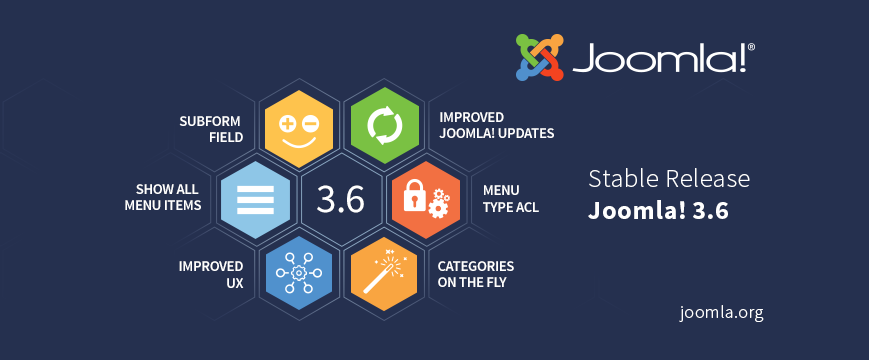In the ever-evolving world of website development, content management systems (CMS) play a pivotal role in simplifying the creation and maintenance of websites. Among the myriad of CMS options available, Joomla stands tall as a popular choice due to its versatile features and user-friendly interface. With its open-source nature, Joomla has captured the hearts of developers and businesses alike, offering numerous benefits that have contributed to its widespread adoption. In this article, we will delve into the key advantages of Joomla and explore how it empowers websites to thrive in the digital realm.
- Open-Source Platform:
Joomla’s open-source nature is one of its strongest attributes. This means that the CMS is freely available for anyone to use, modify, and distribute, fostering a thriving community of developers and enthusiasts. As a result, Joomla benefits from continuous improvement through regular updates, security enhancements, and the development of countless extensions and templates.
- User-Friendly Interface:
Joomla’s intuitive interface makes it accessible even to users with limited technical expertise. The user-friendly dashboard simplifies the process of content creation, publishing, and management, enabling website owners and administrators to effortlessly navigate through the platform.
- Extensive Extension Library:
One of Joomla’s greatest assets is its vast collection of extensions. These extensions allow users to enhance their website’s functionality, adding features like e-commerce capabilities, social media integration, forums, event management, and more. With thousands of extensions available, Joomla caters to diverse website requirements, making it suitable for businesses of all sizes and niches.
- Powerful Templating System:
Joomla’s template system facilitates easy customization of website design, allowing developers to create visually stunning and unique websites. The platform supports responsive design, ensuring that websites are mobile-friendly and accessible across various devices, thereby improving user experience and search engine rankings.
- SEO-Friendly:
Joomla comes with built-in SEO features that aid in improving a website’s search engine rankings. It generates search-engine-friendly URLs, allows meta-data customization for individual pages, and facilitates the integration of third-party SEO extensions, giving websites an edge in the highly competitive online landscape.
- Multilingual Capabilities:
In today’s globalized world, multilingual websites are vital for reaching diverse audiences. Joomla offers native multilingual support, enabling users to create and manage content in multiple languages without the need for third-party plugins or complicated workarounds.
- Robust Security Measures:
As an open-source platform, Joomla benefits from a vast community of security experts who constantly work to identify and address vulnerabilities. Regular security updates are released, ensuring that websites built on Joomla remain secure and protected against potential threats.
- Scalability and Flexibility:
Whether you’re building a small blog or a large-scale enterprise website, Joomla provides the necessary scalability and flexibility. The platform can handle a wide range of projects, making it suitable for startups, nonprofits, government organizations, and multinational corporations alike.
- Community Support:
The Joomla community is a strong and active network of developers, designers, and users who contribute to forums, discussion boards, and knowledge bases. This extensive community support provides ample resources for troubleshooting, learning, and finding creative solutions to various challenges.
- Versatile Content Types:
Joomla allows the creation of various content types, including articles, blogs, image galleries, video pages, and more. The ability to manage diverse content ensures that Joomla-powered websites can effectively cater to the specific needs and preferences of their target audiences.





